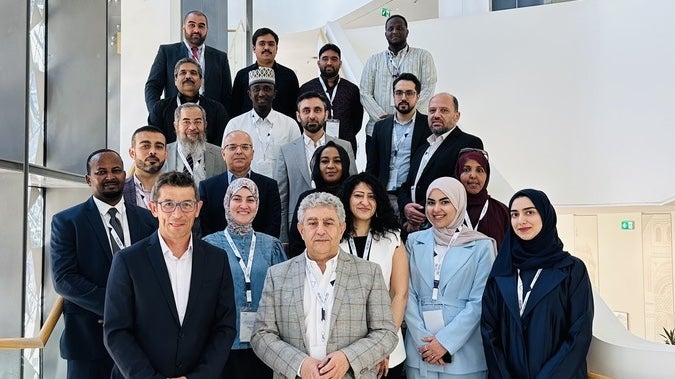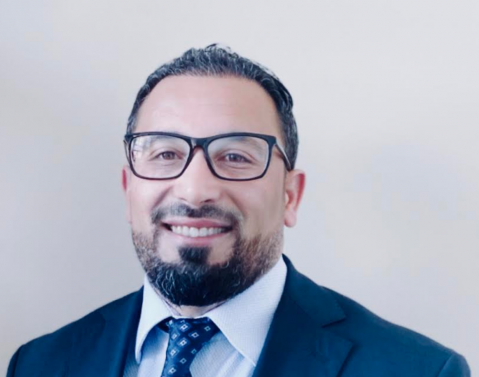
Dr. Anis Brik, Associate Professor at the College of Public Policy (CPP) at Hamad Bin Khalifa University, will participate in the Emerging Dimensions of Marriage in Asia Conference, organized by the National University of Singapore.
The conference takes place on November 19-20, and Dr. Brik will give a talk on Marriage Markets in West Asia: Trends, Determinants, and Public Policies.
Dr. Brik will discuss how marriage markets in West Asia have changed dramatically in the past 30 years, which has seen an increase in divorce rates, a decline in marriages, and the general weakening of the traditional family structure.
The age at first marriage and celibacy rates have been steadily increasing in West Asia, partly due to mass education, female employment, health improvements, and other modernizing factors.
The high cost of marriage, which includes the payment of dower, gold, the wedding ceremony, and housing, is one of the other main factors behind the delay in marriage in the region.
A variety of public policies have been implemented in many countries in West Asia, such as marriage allowances, a cap on the dowry’s amount, and wedding halls, but the cost of marriage continues to increase in the region.
The conference is online via zoom. The registration link is https://ari.nus.edu.sg/events/emerging-dimensions-of-marriage/#register
Related News
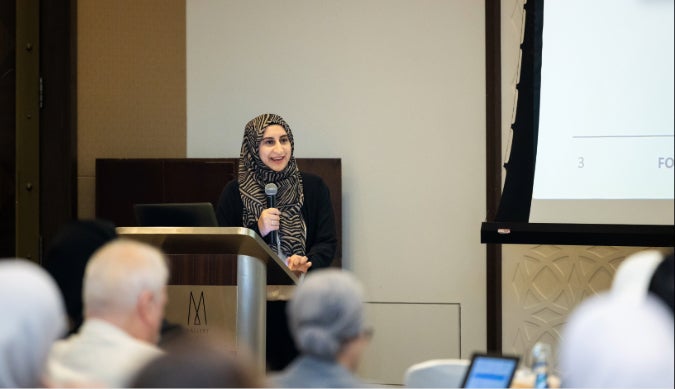
Hamad Bin Khalifa University Partners with Ministry and Global Stakeholders to Drive Capacity-Building
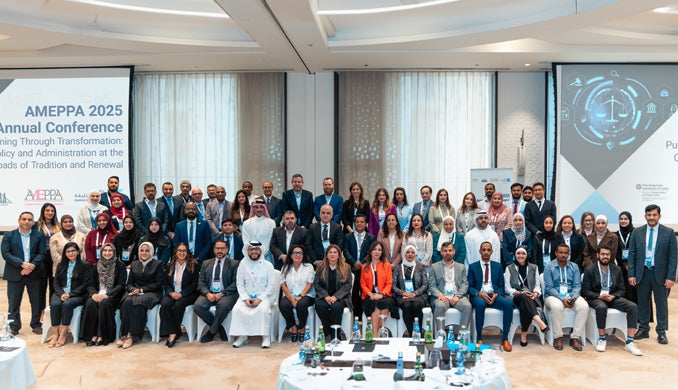
Experts Gather at HBKU for AMEPPA 2025 to Explore Governance Through Transformation
HBKU’s CPP Completes High-Level Training for MOFA Officials on Qatar’s Role in Conflict Mediation
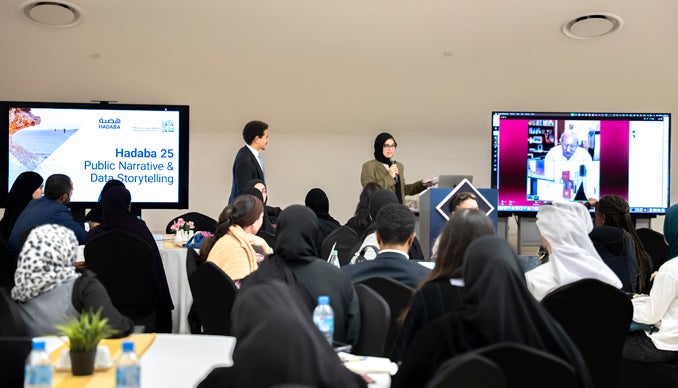
HBKU’s College of Public Policy Highlights Storytelling and Narratives in Hadaba 25
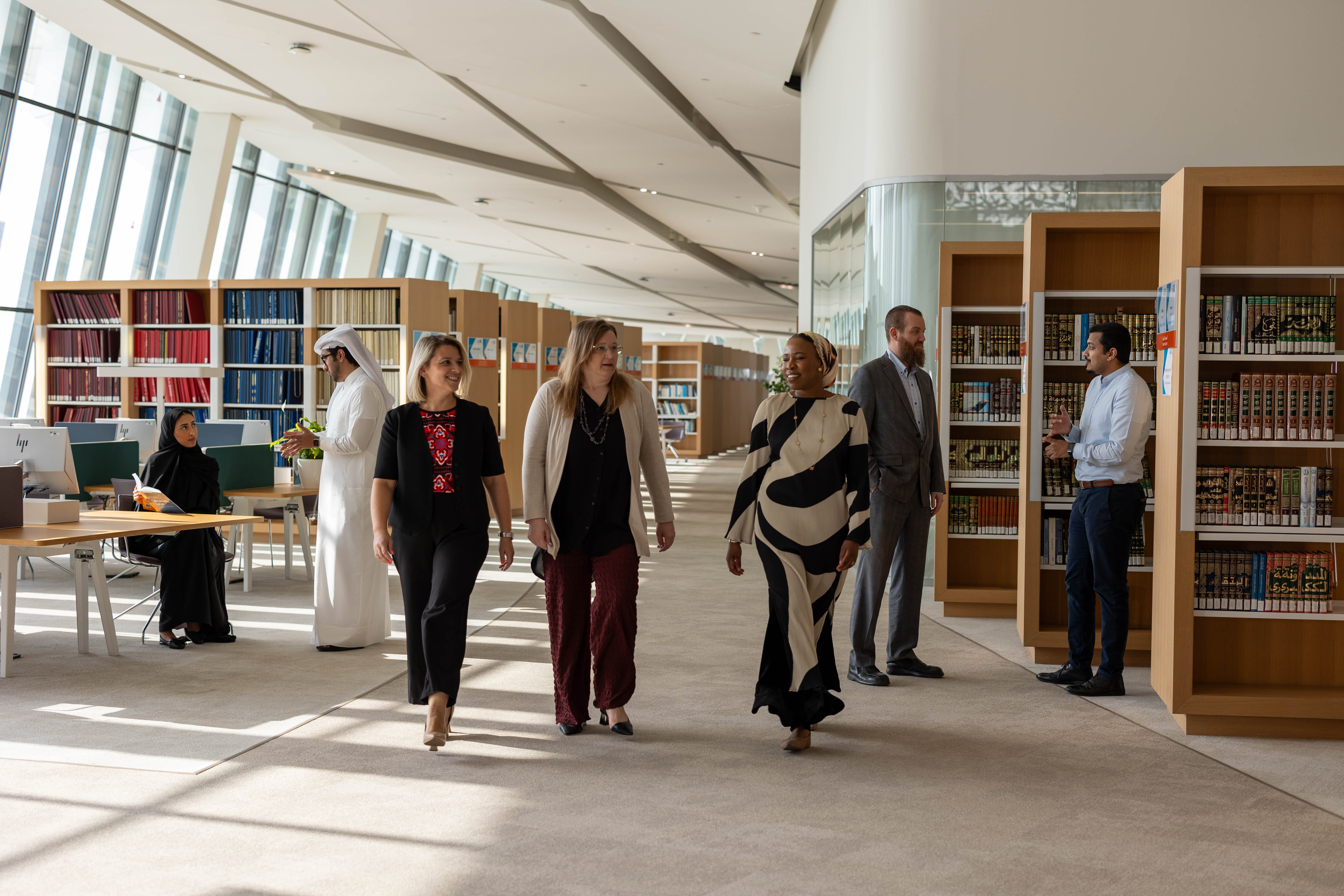
Hamad Bin Khalifa University’s Master of Public Policy Earns Prestigious NASPAA accreditation





